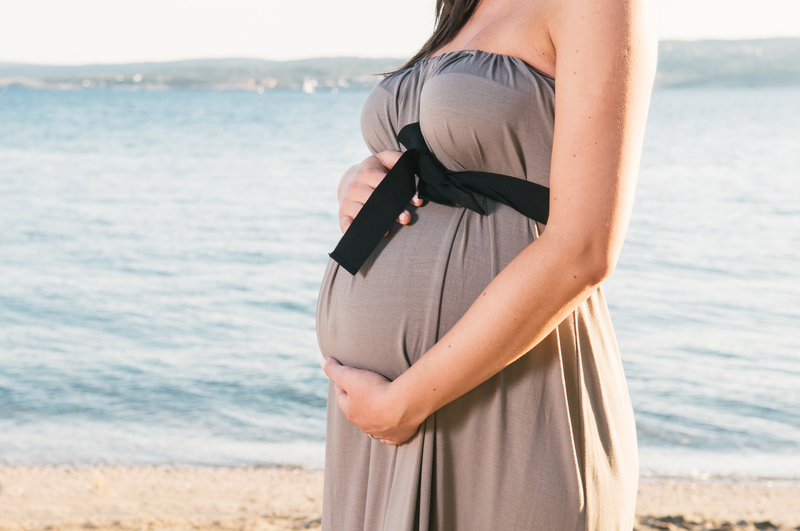What is the Zika virus?
The Zika virus is most commonly transmitted through mosquitoes. Its symptoms typically include a mild fever, muscle and/or joint pain, skin rash, and inflammation of the eyes called conjunctivitis.
There is currently no known treatment or vaccine for the Zika virus, but due to its increasingly widespread outbreak in South America and the Caribbean, researchers are working to develop an effective vaccine. Most people who have the virus are advised to simply rest, stay well-hydrated and treat symptoms with over-the-counter pain and fever medication.
Why am I hearing so much about the Zika virus?
The reason why the Zika virus is gaining widespread attention is because it is linked to the birth defect called microcephaly, which is believed to slow down or inhibit the development and growth of a fetus’ brain and head while in utero. More than 2,100 pregnant women in Colombia are infected with the virus, and Brazil has seen close to 4,000 cases in recent months. As we learn more about the virus, doctors are warning pregnant patients against traveling to countries where an outbreak is occurring. Doctors in these countries are even advising women not to try for a pregnancy in the next year or two because of the Zika virus.
Is the Zika virus life-threatening?
The Zika virus is not known to be dangerous or life-threatening to the average person, though some cases have proven fatal. In fact, some people may have the virus and not realize it, as you can recover with at-home treatment around two to seven days after being infected. However, there is major concern regarding the virus’ link to microcephaly, which is why pregnant women are heavily cautioned to avoid traveling to countries in which the CDC published a travel notice.
Can I protect myself against the virus in the U.S.?
The CDC does not currently believe that the Zika virus will become a widespread issue in the U.S., as it has in South American countries. There have been reported cases of the virus in the United States, but the CDC has only issued warnings to people living in Puerto Rico, the Virgin Islands, the Caribbean, or Pacific territories. Women who are currently pregnant or trying for a pregnancy in these areas should protect themselves from mosquito bites by using protective clothing and repellents.


